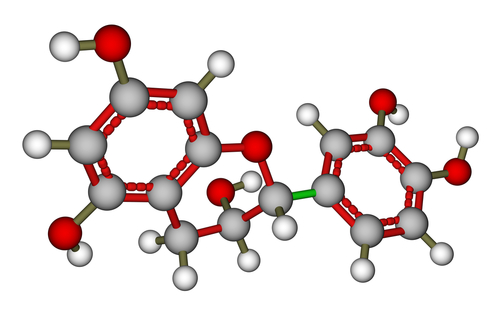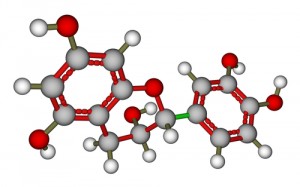Cognitive Function in Older Patients Improved With Cocoa-derived Flavonoids in Recent Study

 A study entitled “Enhancing dentate gyrus function with dietary flavanols improves cognition in older adults,” published this month in Nature Neuroscience, found that a cocoa flavanol containing diet ameliorates cognitive function in older people.
A study entitled “Enhancing dentate gyrus function with dietary flavanols improves cognition in older adults,” published this month in Nature Neuroscience, found that a cocoa flavanol containing diet ameliorates cognitive function in older people.
The dentate gyrus (DG) is a region in the hippocampal formation whose function declines with normal human aging and it is thought to be a potential source of age-related memory decline. Studies in mice have shown that ingestion of epicatechin, a molecule derived from cocoa solids, improved the branching of neurons in the DG. However, studies showing evidence of a causal link between DG-associated memory decline are necessary. Additionally, there is a lack of randomized-controlled intervention studies aimed at testing potential sources of improving DG function.
The team of researchers led by Adam M Brickman from Columbia University in New York conducted a study using a high-resolution functional magnetic resonance imaging (fMRI). Subsequently, researchers conducted a randomized-controlled, double masked trial intervention in a population of 37 healthy individuals aged 50–69-years. Participants were assigned in either a high (900 mg per day) or low (45 mg per day) cocoa flavanol–containing diet for 3 months. Each group was also allocated into an exercise vs. no exercise group.
Results from this intervention revealed an improvement in the sample cognitive and DG functions, both assessed by a battery of cognitive tests and fMRI. In the group in the high-flavanol intervention, the individuals had a reaction time almost a full second quicker than in the group under low-flavanol intervention, and higher cerebral blood volumes in the DG.
Moreover, improvements in the reaction time were significantly associated with improvements in blood supply in DG, with researchers concluding that consuming flavanols improves cognitive and DG function. However, exercise was not associated with an improvement in hippocampal function in this particular population, with researchers pointing out that a more stringent exercise regimen is required for the ages that were investigated.
Findings from this study strongly show that DG is a source of hippocampal dysfunction and a driver of age-related cognitive decline in humans. Furthermore, this study showed an important clinical intervention outcome, as it revealed a non-pharmacological option, such as the consumption of chocolate (high in cocoa flavanols) for amelioration of normal-aging cognitive decline.






